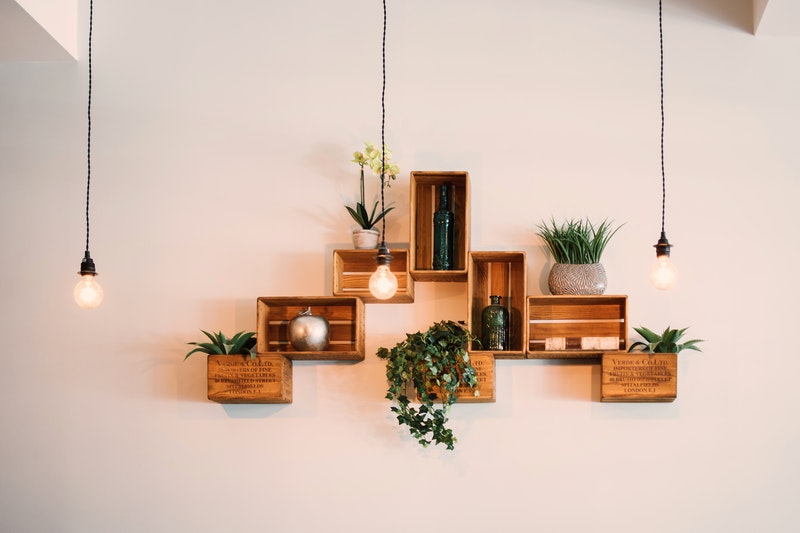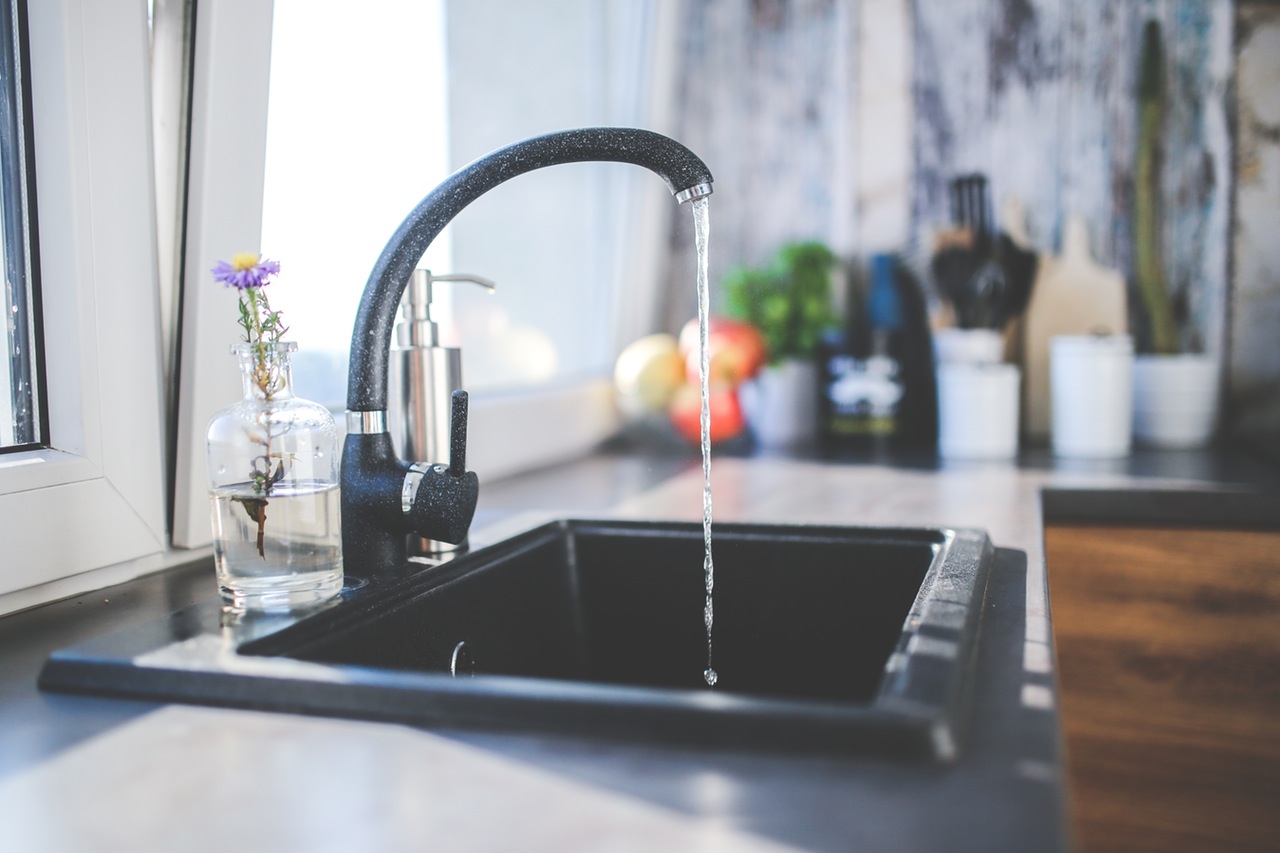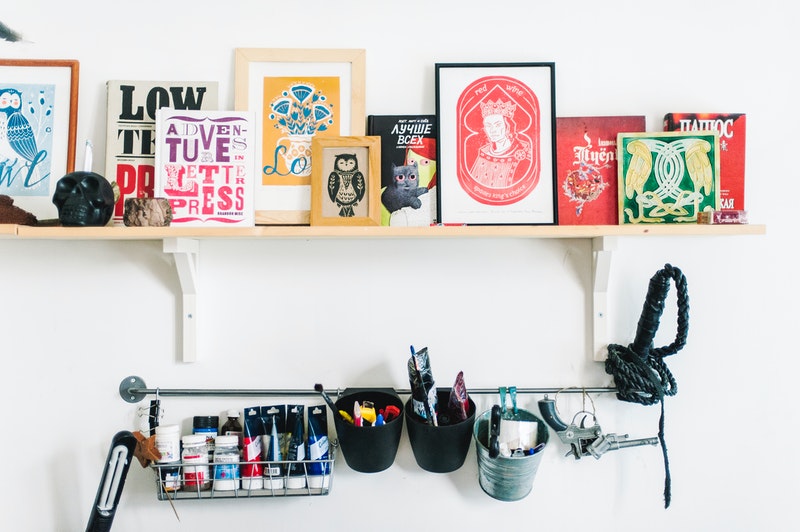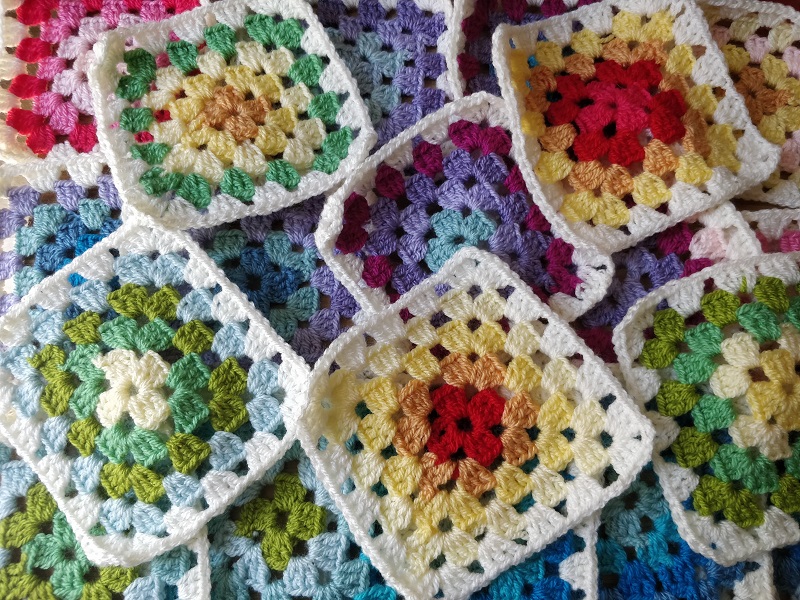6 Sustainable Gardening Tips for a Greener Home
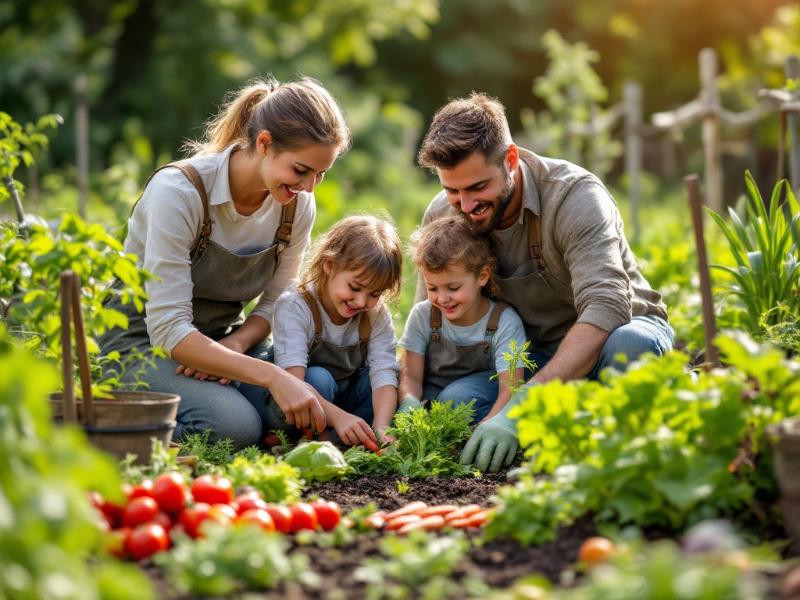
Being a gardener comes with a lot of responsibility to the environment around you. The more gardening you can do, the more you’re likely to contribute to the wonderful world around us, especially when it comes to helping clean the air of all the nasty carbon emissions.
However, not everyone might be as green-thumbed or experienced in gardening. Whether you’re looking to pick up a trowel for the first time, or you’re looking to make more efforts with your garden this year, there are some helpful tips that will make your home a greener space.
With that in mind, here are six sustainable gardening tips for a greener home.
- Grow your own food
Being able to grow your own food is certainly an impressive thing worth showing off about. Growing your own fruit, vegetables, and herbs is a great way to help become more sustainable as a household.
There’s also something super satisfying about being able to pluck fruit off your trees or harvest the latest bountiful crop of vegetables you’ve grown. Growing your own food can be hard work and it’s not always successful from one harvest season to the next.
It’s important to look at what space you have, the time available, and what you’d like to start growing. Think about starting with the basics and being more complex with your selections as you grow more in your garden space. You could save a lot on your food bills by growing your own produce.
- Avoid using chemicals in your backyard
Chemicals are something you want to try and avoid as much as possible when creating a sustainable home. When you use chemicals, you’re actively contributing back those nasty emissions and waste.
When you’re looking to create a more sustainable and healthier garden, look at using something like a biochar seed compost. This type of compost is great for building healthy soil, which is the foundation for all your plants. It also helps to store carbon, which is helpful for mitigating the risk of climate change by removing harmful carbon dioxide from the atmosphere.
- Create habitats for local wildlife
While you can help wildlife through the circle of life in some ways, there are actions you can do that can help them along.
For example, if you’re able to create habitat-worthy areas in your garden, you’ll encourage a lot more local wildlife to make a home in your outdoor space.
A lot of animals will spend their time creating their own habitats, but having an already made one is incredibly helpful for those wildlife animals that come across it. Consider what type of habitats you’d like to create and make sure you’ve provided a safe and secure place.
You may also want to introduce some feeders so that you can provide plenty of food to the birds and other wildlife who might benefit from it.
- Reduce waste
Waste is harmful to the environment and even in the garden, there can be a lot of waste that occurs that you might want to look to get rid of.
A few ways you can do that when it comes to your garden space include applying mulch around plants to preserve and protect the flowers or plants you bed into the ground.
Take any garden waste to the recycling centers around you so that it can be processed properly instead of simply being thrown out in the trash.
- Mow less often
While mowing is important to do in order to make your property’s outdoor appearance look nice, you don’t need to be doing it every other week. Sometimes, it’s helpful to let your lawn grow in order to encourage local wildlife to make use of it.
However, by mowing it less, you’re using less energy to do it. It’s worth it to invest in a manual lawn mower, rather than an electric one. While it’s more work and effort, the manual option is going to use less energy because you’re not needing to plug yourself into a nearby outlet to use it.
- Make use of solar paneled lighting
Finally, in order to reduce any amount of energy being used in the outdoor space of your home, consider using solar paneled lighting as opposed to battery-operated or mains connected. Solar paneled lighting uses the rays from the sun in order to power them up, so it’s definitely worth adding these to your outdoor space.
Sustainable gardening is only going to benefit our environment more, so do more of it where you can.
